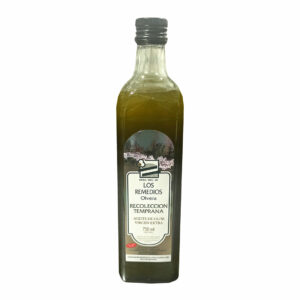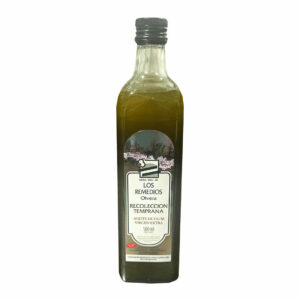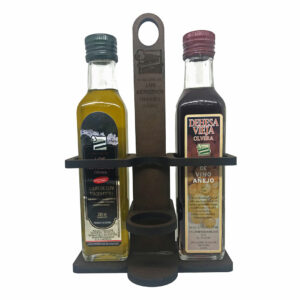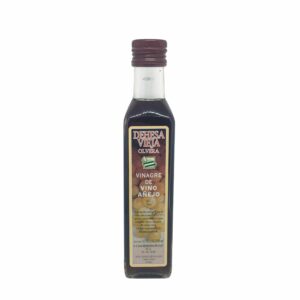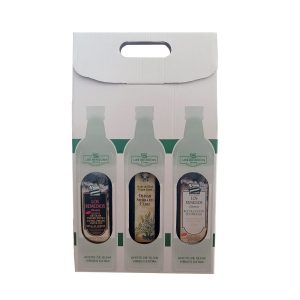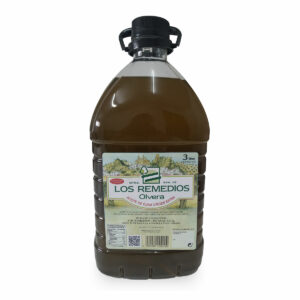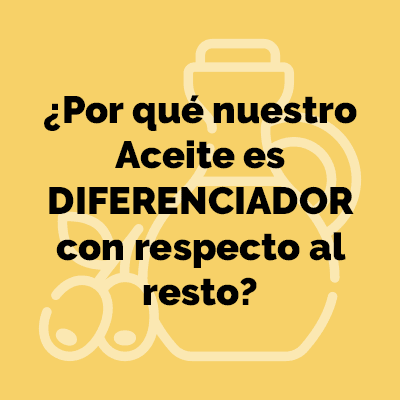SUMMARY OF THE PRESENTATION DELIVERED IN THE PAST 22 FROM DECEMBER
Last 22 In December, a talk was held at the Cooperative framed in the obligation of the pig farming sector to reduce the use of antibiotics in animal production. The Administration considers that in feed, above all, too many preventive antibiotics are used and it "invites" us to progressively reduce them. To face this challenge, farmers must develop a series of strategies. We summarize what has been explained below.
Drinking water:
Water is a crucial food for animals. They drink from 2.5 a 5 liters for every kilo of feed they eat. A piglet at weaning baby 0.8 liters; with 2 @ bebe 2.5 liters.
Water can be a source of bacteria transmission, on the one hand, and salt contamination depending on where it is extracted. In a small study carried out in different waters of pig farmers, Hardness (calcium salts) It was between 40 Y 140 ºF. Ideally, less than 40. And the conductivity, which is another parameter linked to the amount of common salt among other salts, went from 700 microsiemens a 5.000, being recommended a lower level of 1500.
We have seen 2 well differentiated areas: the waters of the Olvera area are quite worse than those of the El Bosque-Villamartin area. The microbiological quality of our waters is not bad in the wells, but on the farms, inside pipes tend to favor the growth of bacteria that can be harmful. further, the great wealth in salts that they show have several negative effects, how to prevent the correct action of chlorine as a disinfectant and a correct dissolution of antibiotics in the water.
For this reason, it is very important in farms to start controlling these aspects of water quality using organic acidifiers.. The product that we have in the Cooperative is called Selko Forticoat and must be added to the water at a variable dose between 1-2 liters for each 1000 liters of water. In the Olvera area, all the analyzes show that the dose is 2 liters to 1000. In the El Bosque area the dose may be lower. The ideal is to do a water analysis of each farm to tell the farmer the exact dose of the product. The organic acids that are incorporated through this product not only increase the stability of chlorine to kill bacteria; they also improve the stability of possible antibiotics used, and they also complement the additives that we are beginning to incorporate into the feed, so that the piglet will have a much healthier intestine.
New feed line:
We have redesigned the P feed-00/C-1-Extra as I think pre-choke and P-11 / C1-Iberico, so that they are more digestible for the piglets and that they contain the best additives available to successfully face the progressive reduction of antibiotics. It is necessary for farmers to be clear about the main management guidelines to carry out weaning with the lowest possible incidence of diarrhea.:
Recommended weaning age: From 28 a 35 days. It is essential that piglets know how to eat before weaning. For this, they will be offered from 8-10 days of life I think P-00/C-1 Extra, in very small quantities, so it doesn't get trampled on and never gets old on the dishes. For this you will have to feed them several times a day. In total they would have to consume 4-5 kilos / piglet and up 5-10 days after weaning, moment in which it will gradually mix with the P-11 / C-1 Iberico, until 2 @. From this I think the piglets will eat 30-35 kilos until you reach 2 @. The form of food will be freely available.
Later they will eat P-0-AE / C-2 Ibérico, gradually. They are different foods: the medicated and protected P-11, while the P-02 AE is a bait feed, without protections. Can't switch from eating one to the other without some adaptation time; that would bring nothing but trouble. That time should be about 10 days, progressively mixing more of one and less of another, and every 3-4 days modifying the dose of both feeds until it is completely changed.
For any questions or queries, you can contact our veterinary service at 956 122138.

